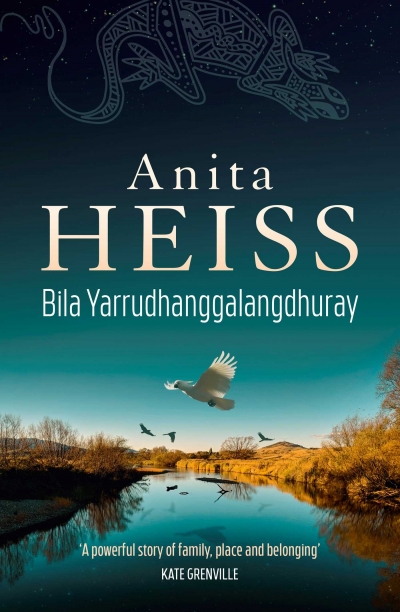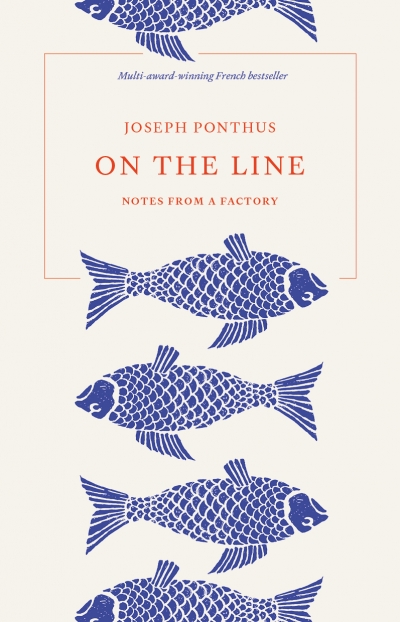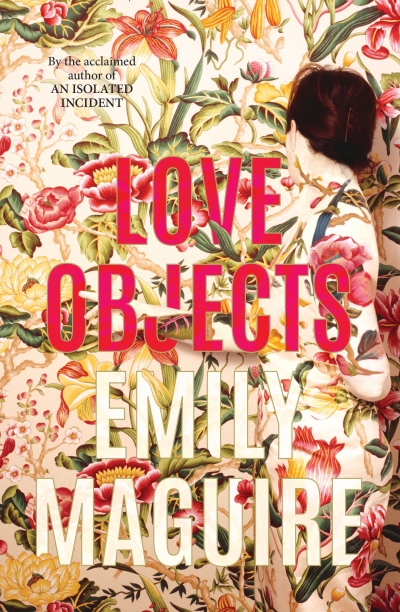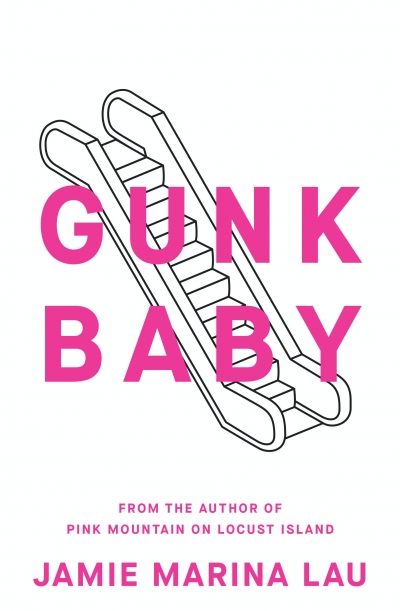Fiction
In his monograph The Great Derangement (2016), Indian writer Amitav Ghosh pointedly asks why society, and more specifically literature, has almost entirely ignored climate change: ‘ours was a time when most forms of … literature were drawn into the modes of concealment that prevented people from recognising the realities of their plight’. This was, Ghosh concludes, because ‘serious prose fiction’ had become overwhelmingly committed to versions of literary realism that rely on notions of quotidian probability. The irony of the realist novel, then, is that ‘the very gestures with which it conjures up reality are actually a concealment of the real’.
... (read more)There are two famous statues in the Gundagai area. One is the Dog on the Tuckerbox. The other is of two heroes, Yarri and Jacky Jacky, who, with other Wiradjuri men, went out in their bark canoes on many exhausting and dangerous forays to rescue an estimated sixty-nine people from the Great Flood of 1852.
... (read more)On the Line: Notes from a factory by Joseph Ponthus, translated by Stephanie Smee
Few books immediately suspend time; few need no warm-up and almost demand to be read, reread, underlined. Stephanie Smee’s rendition of Joseph Ponthus’s multi-award-winning first solo book, On the Line: Notes from a factory, is one such read. It is the autobiographical story of an intellectual with a career in social work in the suburbs of Paris, who, having moved to Brittany for love, can’t find a job in his field and is forced to sell his labour as a casual worker in the local food-processing industry. Here we couldn’t be further from postcard Brittany, whose wild nature, hazy skies, mysterious language, and inhabitants inspired a Romantic generation of poets in search of an exotic fix without the hassle of leaving the Hexagon.
... (read more)For this reviewer, the sign of a healthy crime-fiction ecosystem isn’t merely the success of the ‘big names’ but also the emergence of writers whose voices are so distinctive as to be singular. Sometimes these writers become commercially successful in their own right, and sometimes they remain literary outliers, drawing their readership from a smaller but avid following. When I think of the health of American crime fiction in the late 1960s and early 1970s, I recall not only the success of Mario Puzo, but also the kind of writing culture that sustained the dark vision of an author such as George V. Higgins. The same goes for Britain in the 1980s, where Dick Francis was still publishing prolifically when Derek Raymond emerged. Turning to twenty-first-century America and the success of writers like Michael Connelly and Karin Slaughter, it’s the rise of Megan Abbott and Richard Price that illustrates the full potential of that culture’s capacity for crime storytelling.
... (read more)A new Susan Johnson novel is always a treat, partly because you get the sense that with each one she has set herself a specific creative challenge, and partly because she is such a fine writer. In From Where I Fell (Allen & Unwin, $32.99 pb, 338 pp), the epistolary novel, popular in the nineteenth century, has been updated, with the entire work in the form of emails. Nothing new in that, but what makes this different is that the contemporary problem of emailing someone unintentionally is followed through with that intellectually teasing ‘what if’ thread: what if the person you accidentally contacted was someone with whom you wanted to keep communicating? What if this person was someone to whom you could confess your most private thoughts? And what if this person never responded in a conventional manner?
... (read more)At the core of Love Objects, Emily Maguire’s sixth novel, is a delicate exploration of the responsibility that comes with love and what it means to care for others in both the emotional and practical senses of the word. The book’s protagonist, Nic, is a caustic but kind-hearted woman, positioned, in many ways, so as to be overlooked by the world. Middle-aged, childless, and living alone in her childhood home, she works as a cashier in a low-end department store. She is the kind of woman who often becomes invisible in our society, so it seems fitting that she has an affinity for the forgotten and the overlooked.
... (read more)Pip Adam’s third novel, Nothing to See, is a multifaceted and complex work. The complications begin immediately, as we meet the protagonist, Peggy and Greta, who are a recovering alcoholic. The odd combination of the singular and plural here is intentional. As far as appearances go, Peggy and Greta are different individuals with separate bodies and separate minds. Nonetheless, they share one life in an arrangement made difficult by the discomfort and lack of understanding they face at every step. They became two at the lowest moment in their history, when the crushing weight of trauma and alcohol addiction became too much for a single person to bear. One individual whose choices were limited to recovery or death thus became two.
... (read more)Go to any suburban shopping centre and you will find a metropolis of consumption. ‘Buy, buy, buy’, it screeches, whether you are contemplating fast-fashion T-shirts, new-age solutions to age-old problems, or services and pampering you don’t really need, all in the harsh glare of white lights and a controlled climate, temperature just right. The shopping centre, uniform and tidy, is where you can get everything you’ve ever wanted while also getting nothing at all.
... (read more)‘Shall I scrub your back for you?” the monkey asked ... He had the clear, alluring voice of a doo-wop baritone. Not at all what you would expect.’ The eight short stories in First Person Singular are exactly what a reader has come to expect from Haruki Murakami, a writer with a penchant for neo-surrealism. The parabolic tales in this collection explore the familiar tropes and motifs of his oeuvre, including loneliness, outsiderness, chance encounters, music (classical, jazz and the Beatles), and memories. While Murakami might not be breaking new ground here, it is still a magical experience to return to his whimsical, eccentric, and enigmatic reimagining of Japan.
... (read more)S.L. Lim’s second novel, Revenge, begins with an ‘all persons fictitious’ disclaimer. The paragraph concludes: ‘Any resemblance to actual events, locales or persons, living or dead, is entirely coincidental. LOL!’
... (read more)








